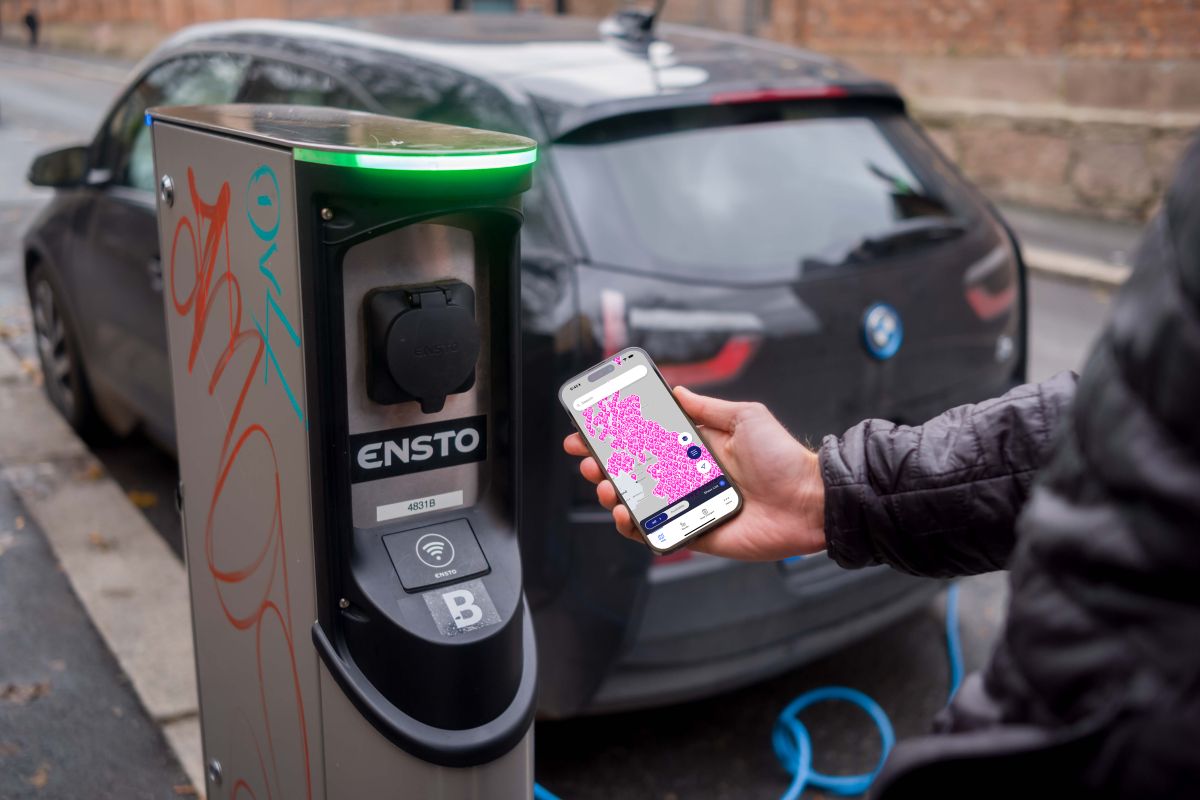TL;DR
* In a recent podcast episode, Niall Riddell discusses the transition to electric vehicles (EVs) with Adrian del Maestro, highlighting key topics such as charging infrastructure, battery storage, and the role of geopolitics in supply chains. The conversation emphasizes the necessity of collaboration and innovation in the energy sector to navigate the complexities of electrification and decarbonization.
- Niall Riddell, CEO & Co-founder at Paua speaks to Adrian del Maestro of PWC in this latest episode of the Insiders Guide to Energy EV Series podcast with host Chris Sass.
- Link in blog to full episode
Looking to gain a comprehensive understanding of EVs and the current EV environment?
In this blog we wanted to share with you some key points taken from a podcast mini-series hosted by Chris Sass and Niall Riddell from Paua. The aim was to provide insights and information on the transition from petrol and diesel vehicles to electric vehicles and the broader implications of this transition. Topics covered include recharging infrastructure, energy sources, impacts on the grid, manufacturing and supply chains, and the perspectives of various players in the automotive and energy industries.
Battery storage is seen as a necessity in a world with decentralised intermittent power. Electric vehicles are being perceived as more than just transportation, but also as a way to power households and balance the energy grid. While progress is being made in energy storage and electric vehicle batteries, there is still much to be done in order to fully meet both the demands and potential of the changing societal and economic landscape.
Geopolitics and supply chains
Geopolitics plays a role in the transition to battery technology, as critical elements like copper and cobalt are needed, and their supply chains are complex. Recycling of batteries is still a nascent industry but will play a bigger role in the future. Energy companies are diversifying into low carbon to take advantage of the revenue opportunities and innovation in the sector. Collaboration and partnerships are key in driving the energy transition.
Energy companies are forming partnerships to deliver a range of solutions in the electrification and decarbonisation of various sectors. These companies are both competing and collaborating to own the customer in an electrified world. The future of traditional energy players is uncertain as they navigate the transition to distributed models and low carbon technologies. Hydrocarbons will still be needed, but efficient and low-emission production is essential. Some companies are diversifying into low-carbon businesses, while others are focused on reinventing themselves. The power generation sector has seen significant decarbonisation and the next wave of transformation is in transportation, particularly in fleet vehicles. Light vehicles are being electrified, while heavier vehicles have mixed decarbonisation approaches. Practical challenges such as charging infrastructure and cost premiums remain for consumers considering electric vehicles.
Hydrogen - what's the story there?
Hydrogen is touted as a versatile energy solution, but there is debate and hype surrounding its potential role in decarbonisation. Hydrogen has potential in hard-to-abate sectors like industrial clusters and heavy goods vehicles, but the lack of refuelling infrastructure is a barrier. The US and EU are making significant investments in building hydrogen capabilities, but the economics of hydrogen production still need to be clarified.
Blue hydrogen vs Green hydrogen
There are two types of hydrogen: blue hydrogen, produced from gas reformation with carbon capture, and green hydrogen, produced from renewable electrolysis. The ongoing energy crisis in Ukraine adds complexity to the decarbonisation journey and increases the cost of protecting consumers and businesses from price volatility. Grid upgrades and infrastructure investments will be crucial for the electrification of transportation and heat pump adoption. The investment for these grids is expected to come from a partnership between the private sector and government. Electric vehicles can help control demand, and their adoption is seen as a part of the decarbonisation solution.
Changes in charging infrastructure.
The transition to electric vehicles is driving changes in the charging infrastructure. Home charging is the easiest and cheapest option, but in cities and areas without off-street parking, on-street and destination charging solutions are being developed. Different companies are using various business models to offer charging services, including installing chargers in free parking spaces and partnering with supermarkets. Grid reinforcement and smart charging are important considerations to handle the increased load on local distribution networks. Fleet charging is also an area of focus, with a hierarchy of charging options being implemented, including street charging, depot charging, and home charging. However, decarbonising fleets is a complex process that involves navigating various stakeholders and considerations.
Behavioural changes
Businesses and individuals are facing behavioural changes as they adopt electric vehicles. The transition requires managing different behaviours and considering factors like employee charging options. Company operations and business models may also need to change. Individuals need to consider the sustainability, affordability, and charging infrastructure of electric vehicles before making a decision. Policy changes and financial penalties for running diesel cars are pushing the market towards electric vehicles.
A final word from podcast guest, Adrian Del Maestro, Head of Thought Leadership at PwC
A decrease in the costs of electric vehicles and the need for a second-hand EV market are both vital in order to make electric vehicles more accessible. The upcoming deadline for transitioning to electric vehicles in certain jurisdictions will also play a significant role, and is integral to progressing on the decarbonisation journey. "I currently drive a hybrid but plan to switch to an electric vehicle in the future". We'll have to invite Adrian back in the near future to see how he is progressing with that ambition!
Listen to the full podcast for all the insights
To listen to the podcast in full visit https://insidersguidetoenergy.com/electric-vehicles/





